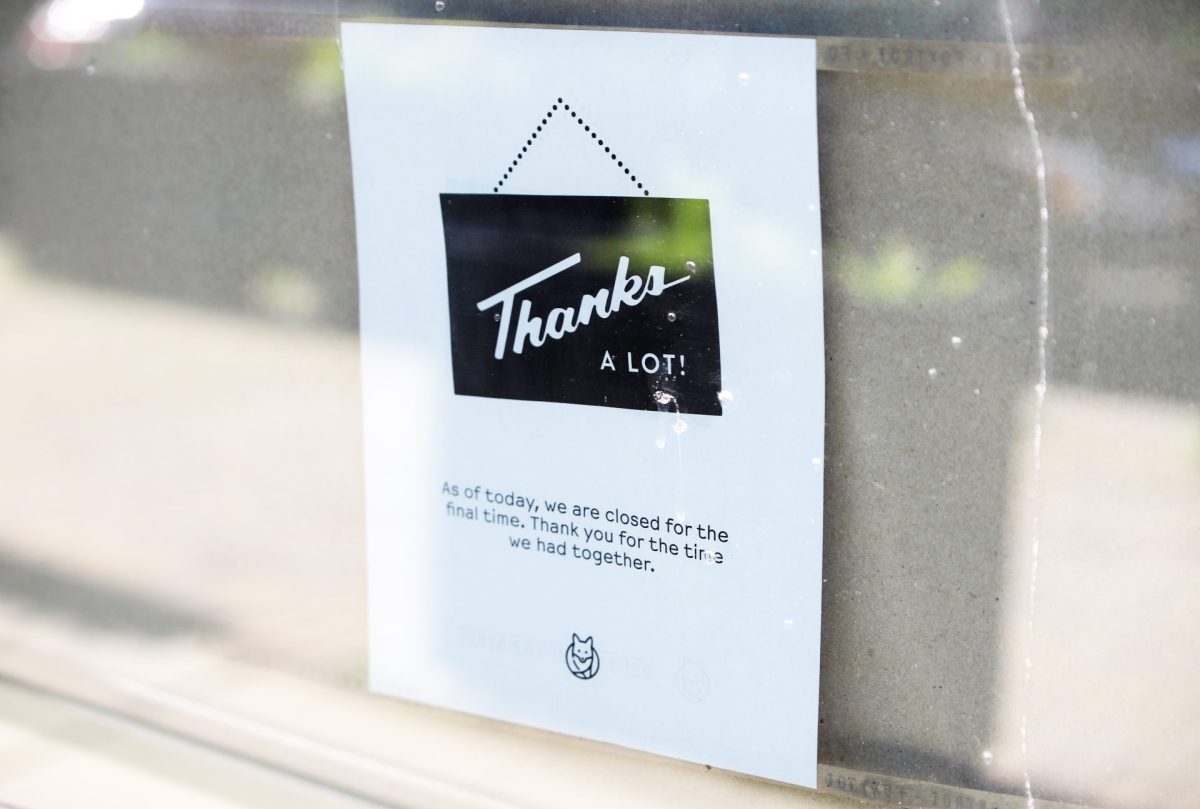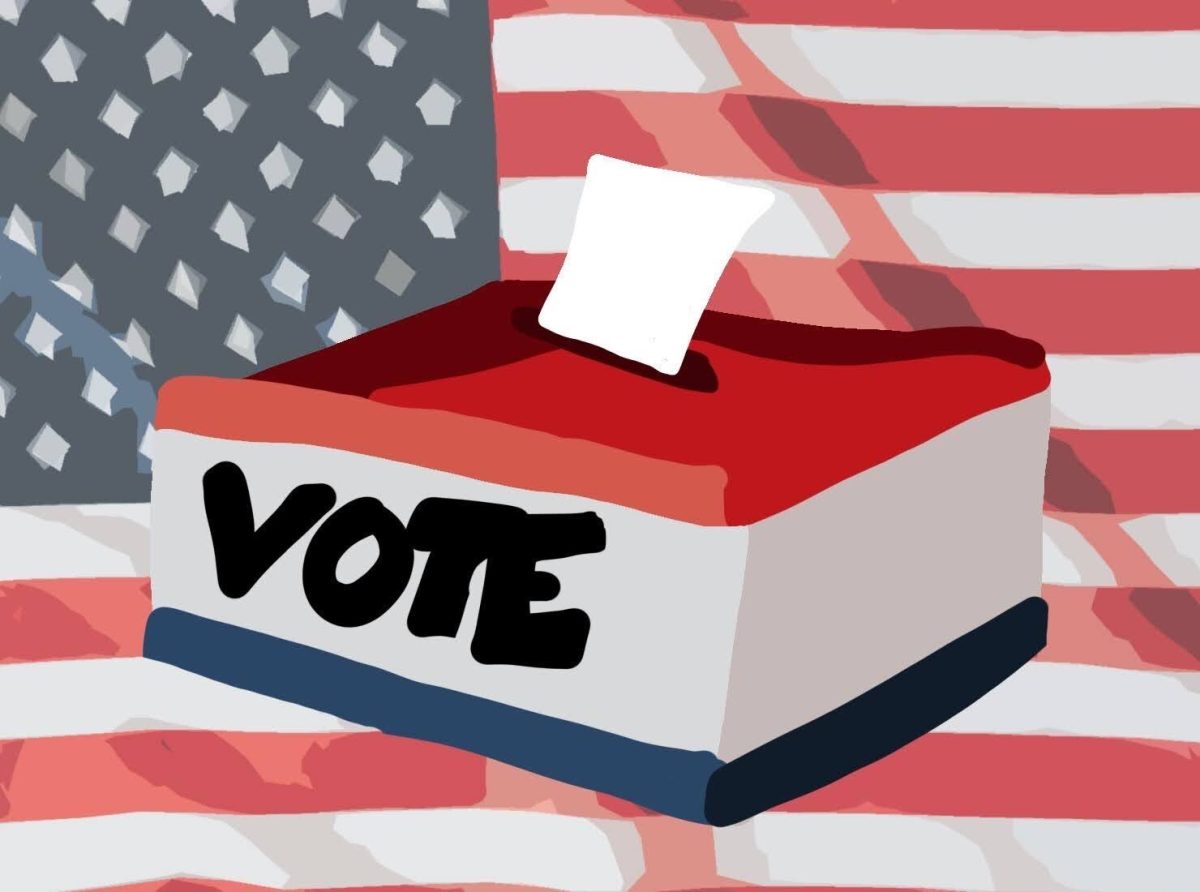Justine Sacco was not a household name until her digital faux pas went viral last December. Before boarding a flight the publicist sent an offensive tweet that echoed exponentially around cyberspace in a surge of retweets and a viral hashtag: “Going to South Africa. Hope I don’t get AIDS. Just kidding. I’m white.” The social media blunder would cost her not only her online reputation, but her career as well.
News and media organizations took this as a cue to revive longstanding arguments about social media responsibility and maintaining a reputation online. Some editorials jumped to her defense, but the sheer volume of outlets pushing the click bait story speaks to a certain distrust and fear. If Twitter is our soapbox, they argue, it is imperative to understand the consequences of every 140-character thought. And all too often, the young people of Generation Y are the demographic blamed for irresponsible Internet use.
DePaul College of Digital Media professor Doug Miller agrees that age is not necessarily a factor in predicting online behavior. Though it might be easy to simply conclude that young adults show poor judgment and over share on social networks, he argues it’s likely equal across age groups.
“It is just that the 90 percent use rate of social among 18-29 year olds provides for more chances for it to bubble to the surface, versus 78 percent adoption from 30-49 year olds and even less participation in older demographics,” he said.
But the “digital native” theory – the idea that those who grew up with such technology understand it best – does not necessarily provide a solution. Miller says that young adults, in particular, place a high value on online social interaction. Because those who do not participate in such networking risk ostracization, weighing the costs and benefits is different, and more is at stake.
“There is a very large difference between how I use Facebook, and, say, (how) my mom does,” says Andrew Elam, a sophomore studying network security. “I have a lot more random things liked and posted and utilize it a lot more.”
Like many his age, Elam says he has taken steps to groom his social presence. He has deleted old photos from his early Facebook days and says he never posts anything that might seem inappropriate. He agreed that people his age view social networking activity as an extension of in-person interaction.
“In my opinion, younger adults are perhaps better suited to understand the ‘in real life’ value of digital social networks than their older counterparts,” Miller said. “Research shows that the networks (that) younger users are building using digital tools is more diverse and greater in number than their ‘offline’ older counterparts.”
Testament to this understanding is the rise in popularity of self-destructing social media platforms, like Snapchat. Despite concerns that it would proliferate the exchange of lewd photos, the app has flourished, boasting at least 30 million active users, according to Business Insider.
Snapchat is just the beginning. Ephemeral social media is the next logical step for a generation that values their social facade. Certainly there are ways to corrupt this sense of privacy; other apps have launched specifically to allow users to screenshot without notifying the sender. But an app that allows its users to send a select group of friends a couple of spontaneous selfies without posting for their entire social circle has a subtle – but evidently strong – power.
The difference between Gen Y and Gen X is not that we understand how to navigate social networking better, but that we need to understand it, both socially and for our careers. The pressure to participate and likewise the stakes of participating are higher, and for the most part we act appropriately. Certainly, as we navigate and accept this dual identity there will be mistakes. However, for us this fact is not something to fear, but something to manage; we delete and self-monitor, and occasionally an update will sour a few followers. For us, it’s no different than slipping up and spewing out something inappropriate in person. It happens.
“Ultimately, the role of digital tools in the social equations young adults are having to solve is not to be overlooked,” Miller said. “I think older adults – specifically those in charge of hiring, who might be inclined to pass over a candidate dropping too many ‘f-bombs’ in their tweets – need to be more understanding of those very real social demands prior to passing judgment too quickly.”







